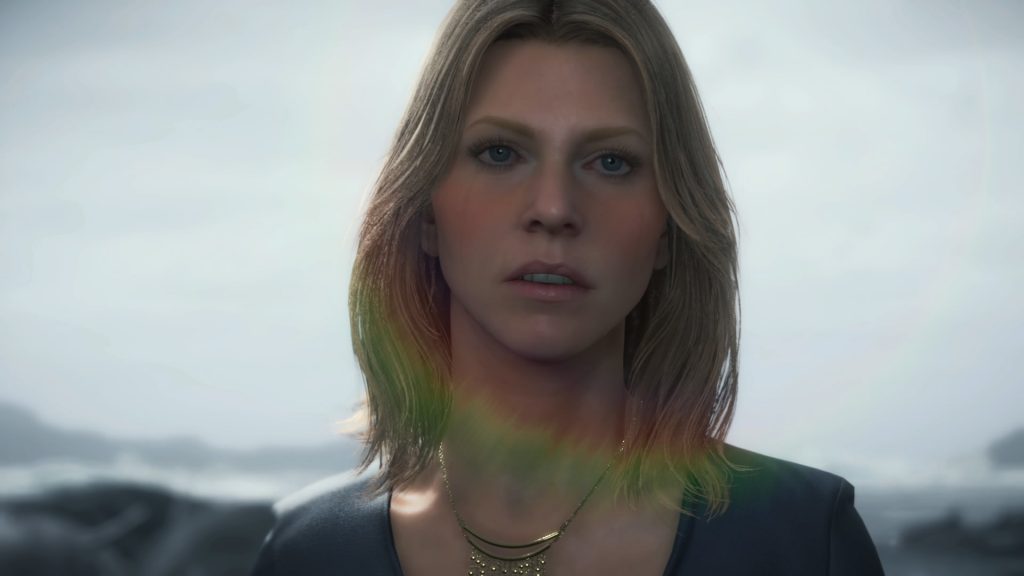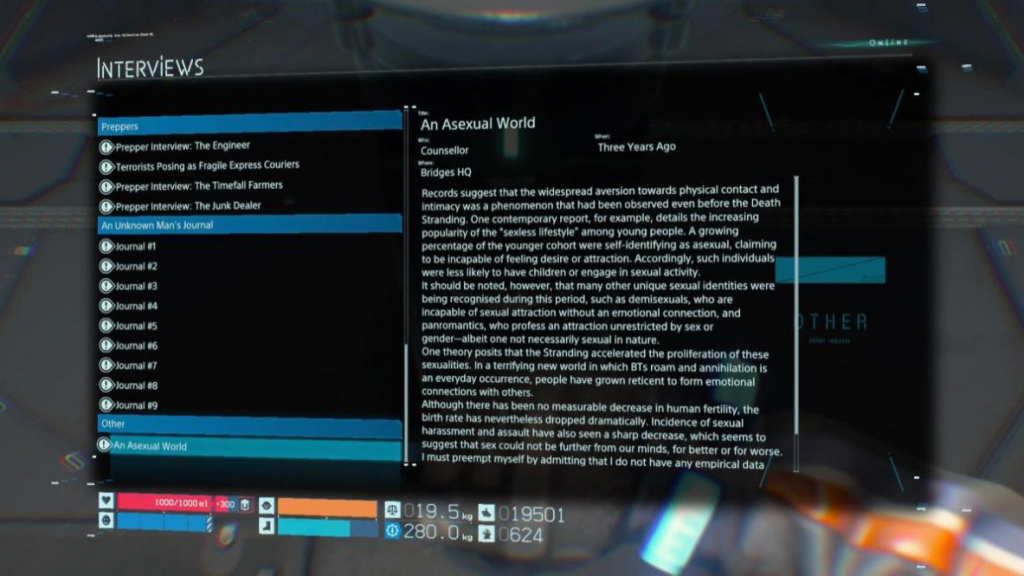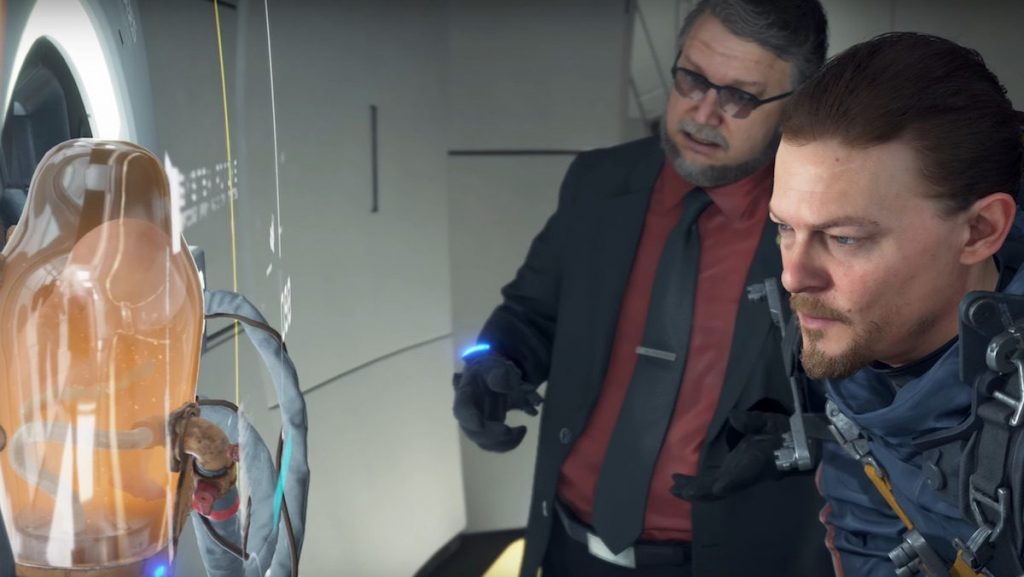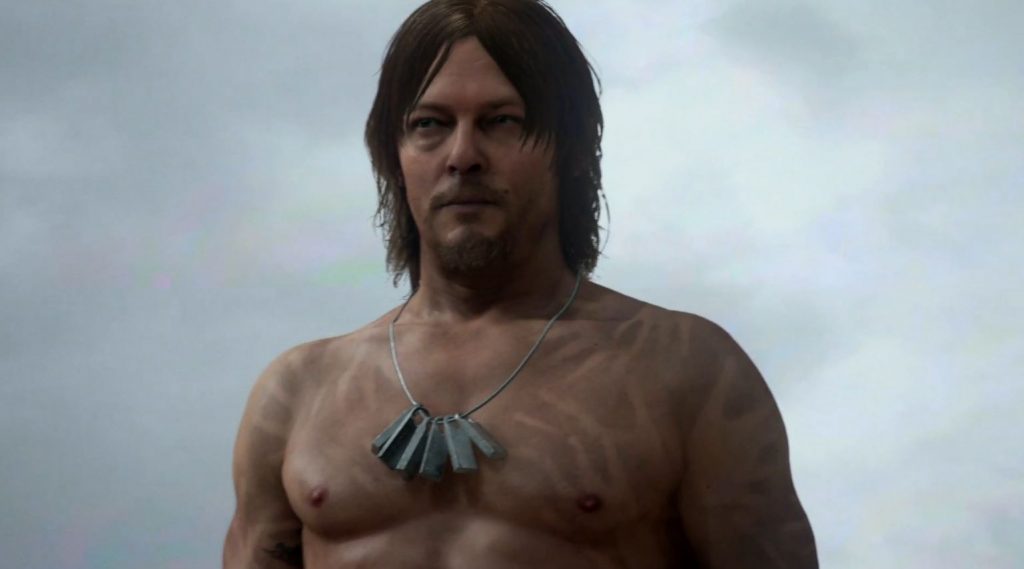
Death Stranding doesn’t know how to respect queer sexualities
Hideo Kojima has finally released Death Stranding, the first game since the game developer has been untethered from his corporate shackles. Kojima has never been the best regarding representation–any fan of the Metal Gear Solid series can tell you some of the horrid things that the director has put the series’ women through.
No one really expected anything to change for Death Stranding, but what people may not have expected is that this title also disrespects multiple queer sexualities, including asexuality.
After completing a mission where Sam Bridges need to deliver a girlfriend to a man (yes, really), you’ll get an Interview called ‘An Asexual World’. In it, it explains the proliferation of other sexualities in the pre Death Stranding world:

It’s sort of a strange block of text, but at first, nothing really stands out as particularly wrong. However, once you start reading the interview closely, choice words start to stand out and things look…off.
The nameless counselor in this letter states that young people were adopting “sexless lifestyles” before the Death Stranding (the apocalyptic event that ruined the United State of America). It’s stated that individuals were claiming to be asexual, and as such were not engaging in sexual or romantic activity. This note also mentions that other sexualities–such as demisexuality and pansexuality–were also becoming more common designations for young people to use.
Even this first paragraph has a problem within it–here, the counselor indirectly implies that one’s sexual orientation is a choice. While it’s true that people can label themselves however they wish, the actual romantic and sexual attractions they feel are not a person’s choice, they are the attraction they are born with. Implying that it’s something people just choose to do is poor wording at best. It’d be something you can give the writer the benefit of the doubt… until you keep reading.
“One theory posits that the Stranding accelerated the proliferation of these sexualities.” So according to this one theory, the only theory this counselor deemed worthy of mentioning, is that the major event before the start of Death Stranding made more people asexual or queer.
The major, near world-ending event caused more queer people to exist in Kojima’s world.

There is even more that’s off about this letter (confusing asexuality with not wanting to form emotional connections is a big one), but the second paragraph is the one that holds the crux of the problem here. “Theory” or not, saying that more people that are queer, and more people that are asexual in particular was a side-effect of a near-extinction event has awful connotations. The implication is that since the emergence of the Stranding made humans focused not solely focused on species survival (aka a man and a woman making a baby), it sped humanity towards its destruction. It’s an incredibly gross mindset, when you get down to it.
I was certainly not alone in thinking this. “[A]s an Asexual person, I can’t shake my disappointment with this false depiction of queer folk being a part of someone else’s creative vision,” Nathan, a streamer and co-host of The New Entertainment System Podcast, tells me. “The fact that no one caught this, flagged it as something that needed editing, and corrected it shows how little consideration Ace/Demi folks were given.”
With so little representation for those on the Asexual spectrum (including Demisexuality), something like this seemingly innocent letter in a AAA game can have unfortunate consequences. No matter what group of people are being represented, if someone’s first introduction to that demographic is a stereotype or harmful, people will be more likely to perceive them as harmful.
But there are other facets to this argument. “Writers have to put themselves into the perspective of many different fictional characters, even the types they don’t agree with, in order to tell a story and flesh out not just the characters but the world they live in.” One Twitter user known as Bunny told me. “Stephen King wrote a scene in IT where a gay couple were beaten simply for being gay. Does that mean King hates gays?”
The scene in IT alone does not confirm that Stephen King dislikes queer people (I am not familiar on the author’s stance on the subject in general), but generally, when characters are written to be bigoted and hateful, a writer will signal that with context and answers. Since this letter in Death Stranding is just a small snippet provided without context for a character we’ll never meet, there is a chance that frankly, this man is a bigoted jerk. But with only the context of a seemingly scientific letter, it’s hard to draw a conclusion either way.

As I delved deeper into the arguments flying around regarding this interview in Death Stranding, one argument kept cropping up that made a bit more sense. It would seem that perhaps Kojima wasn’t actually referring to queerdom when discussing this topic, but instead the overall declining birth rates around the world.
Japan especially has had issues regarding an aging population. Due to shifting societal changes in the country, young people are waiting to get married and having children. As a result, Japan is at the cusp of a population crisis and the government is clamoring to find solutions and incentives to have younger people have kids.
Japan Times calls this ‘sexless Japan’, and it’s a good way to help explain the issues in the country. Generally, younger people are making their careers and others their main priority. As a result, sex it moved down in the priority chain, and since societal norms in Japan demand a lot of a person’s time and energy, even married couples just can’t find the time and energy to procreate.
Sexlessness and changing one’s priorities around to make sex and relationships last is not the same as asexuality. It’s essentially being a volcel, but without the nasty reputation. Sexlessness is something someone can do for a while, whether on purpose or on accident as time slips by, and then make sex a priority again when they want–asexuality is something that involves a person’s inherent attractions and generally is how they’re born.
Using asexuality as a replacement to sexlessness or voluntary celibacy can be a harmful mistake, even if it’s a common problem. And using asexuality and other queer sexualities as some kind of metaphor for Japan’s population crisis makes for a gross misunderstanding of the issues going on there.
Essentially, the interview is damaging to queer communities, and asexuality in particular. Even if there was not malicious intent, the misunderstanding of terminology that many don’t take the time to research what they’re talking about only perpetuates misunderstandings… and most of the time, queer people have enough misconceptions they have to clear up without ‘A Hideo Kojima Game’ adding fuel to the fire.





